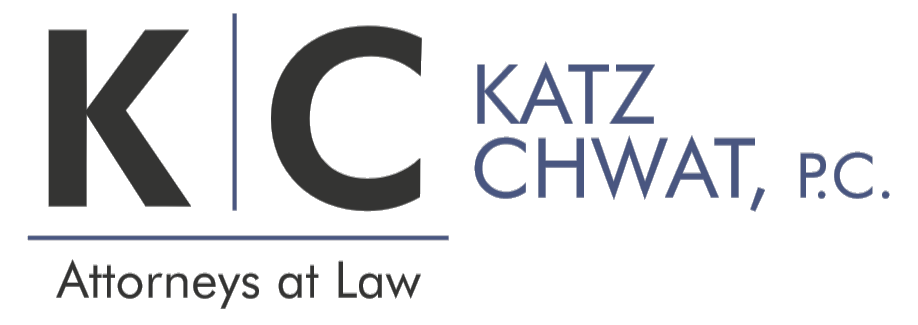Any age is the right age to begin considering your Estate Plan. Moreover, even if you already have one in place, it is important to revisit your plan at major life events and ensure that it still conforms with your wishes.
A basic Estate Plan includes the following documents: Last Will and Testament (or Revocable Living Trust); Durable Power of Attorney; Health Care Proxy; and Living Will. Together these documents can protect your wishes not only after your passing, but during your lifetime as well.
The Last Will and Testament and Revocable Living Trust each work to determine the distribution of your assets upon your passing and allow for the orderly administration of your estate. In addition, each document appoints a person, known as either an Executor or Trustee, who will be in charge of all aspects of the administration of your estate. Having an up-to-date Last Will and Testament or Revocable Living Trust helps to reduce or avoid conflict among your beneficiaries as your current testamentary wishes are clearly expressed.
A Durable Power of Attorney appoints an individual of your choosing to handle financial matters on your behalf in the event that you are unable to do so. If a crisis situation were to arise and there is no Durable Power of Attorney in place, the alternative would be a guardianship proceeding which can be both time consuming and costly.
A Health Care Proxy is a document which appoints an individual to make health care decisions on your behalf in the event that you are unable to do so. In conjunction with a Health Care Proxy, a Living Will provides the individual appointed under your Health Care Proxy with your health care wishes and directions in the event you become seriously ill and unable to communicate.
To discuss these documents or any other estate planning questions or concerns that you may have, contact Katz Chwat, PC to set up an appointment.
Posted in: Estate Planning

